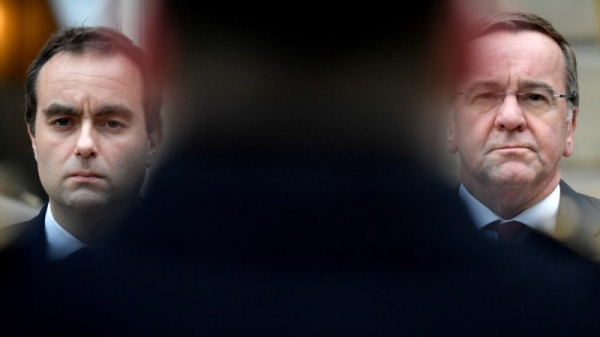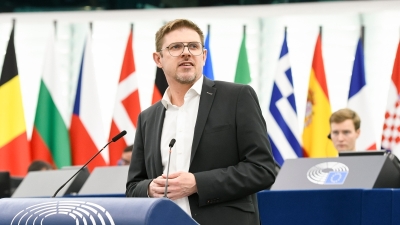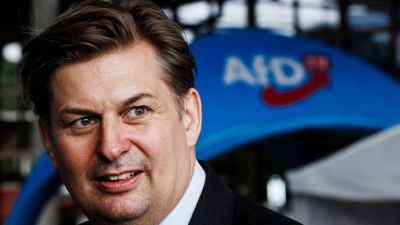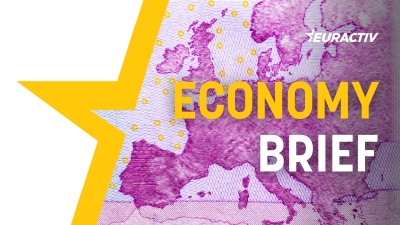Germany, France table reform of European defence cooperation scheme

Germany and France want to make collaboration on defence projects more attractive, by lessening the administrative burden and avoiding empty-shell projects, according to an informal discussion paper, seen by Euractiv.
Berlin and Paris launched the idea of a ‘club of the willing and able’ of EU governments, who work together to identify defence projects to develop.
This created the Permanent Structured Cooperation (PESCO), with a wide array of projects launched politically – and sometimes materially – on troop mobility, cyber, and land warfare to name but a few.
However, so far, success has remained very limited, 68 projects were initially launched, but four were abandoned for lack of progress or relevance, and more than half will not show results before 2025.
European cooperation in the field of defence has always been difficult, with governments reluctant not to share sensitive national security-related information.
Berlin and Paris have had their share of disagreements on EU defence strategies, with the French pushing for greater integration of the bloc’s industry, while the Germans have been open to cooperation with third countries.
Nevertheless, they agree that PESCO, “does not translate into increased strategic relevance and is lacking political attention,” they write in the paper seen by Euractiv.
This lack of political attention and the slow development of projects is largely caused by the burdensome process government officials have to follow. They must update each other and the Council on how the projects contribute to strengthening the defence cooperation between the EU countries.
This exercise can easily turn into roughly 50-page documents, a burdensome process, with experts looking for unaccessible figures and pieces of information.
“The administrative procedures PESCO project members have to comply with, are complicated, though PESCO had been created to be a framework for facilitation and dialogue,” the document reads.
The fact that all project managers use different methods “can be inefficient and slower than it should,” with the two countries arguing for standardisation of project management, with training and templates.
Another issue with PESCO projects is that they do not involve industry – only governments, which means they don’t necessarily match EU-funded industry programmes, in terms of countries participating, or technological requirements.
Industry programmes for new technologies granted EU funds under research and development, through the European Defence Fund (EDF), get an extra 10% funding bonus if they meet a governmental PESCO project need.
“The current linkage between PESCO projects and those funded by the consortia-led EDF projects should be clarified,” Paris and Berlin write. “As it stands, the 10% funding bonus (…) may encourage the launch of artificial PESCO projects.”
Around a dozen defence projects launched politically by the governments could be cancelled, as they will not yield concrete results, and risk staying ‘empty shells’, Euractiv understands.
Therefore, stopping programmes should not be considered heresy, as the two countries suggest, especially when they only exist on paper.
Member states should be allowed to launch projects anytime in the year, instead of going through the set “waves” once or twice a year, which the authors believe can be slowing down the process.
In addition, the PESCO Secretariat – composed of the EU’s diplomatic service (EEAS), including the EU Military Staff (EUMS), and the European Defence Agency (EDA) – should be seen as playing a more important role in the future.
It could “advise and support” member states, by “setting achievable milestones, plan for realistic timelines, kick-off meetings no later than 6 months after the project launch, endorse Memorandum of Understandings (MoU) and Terms of reference (ToR) (if needed) no later than 9 months after the launch of the project.”
Read more with Euractiv




